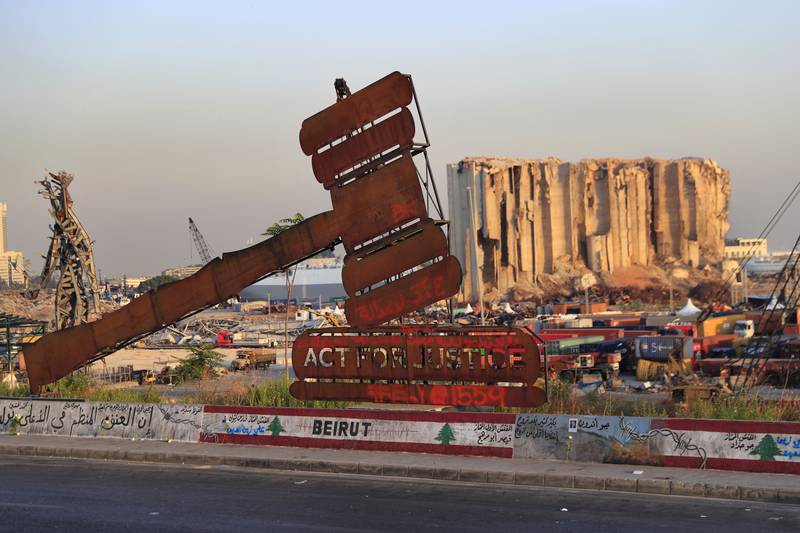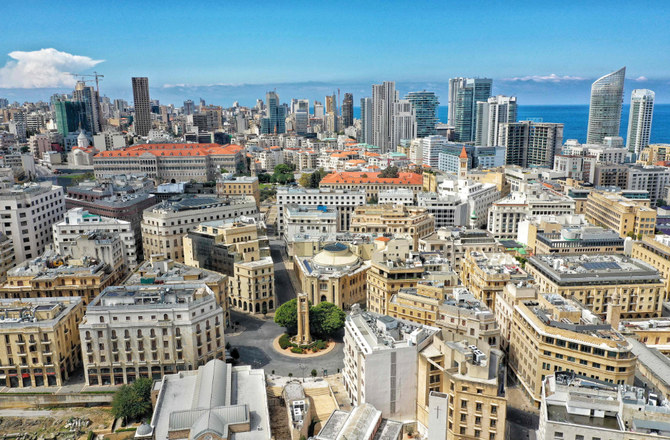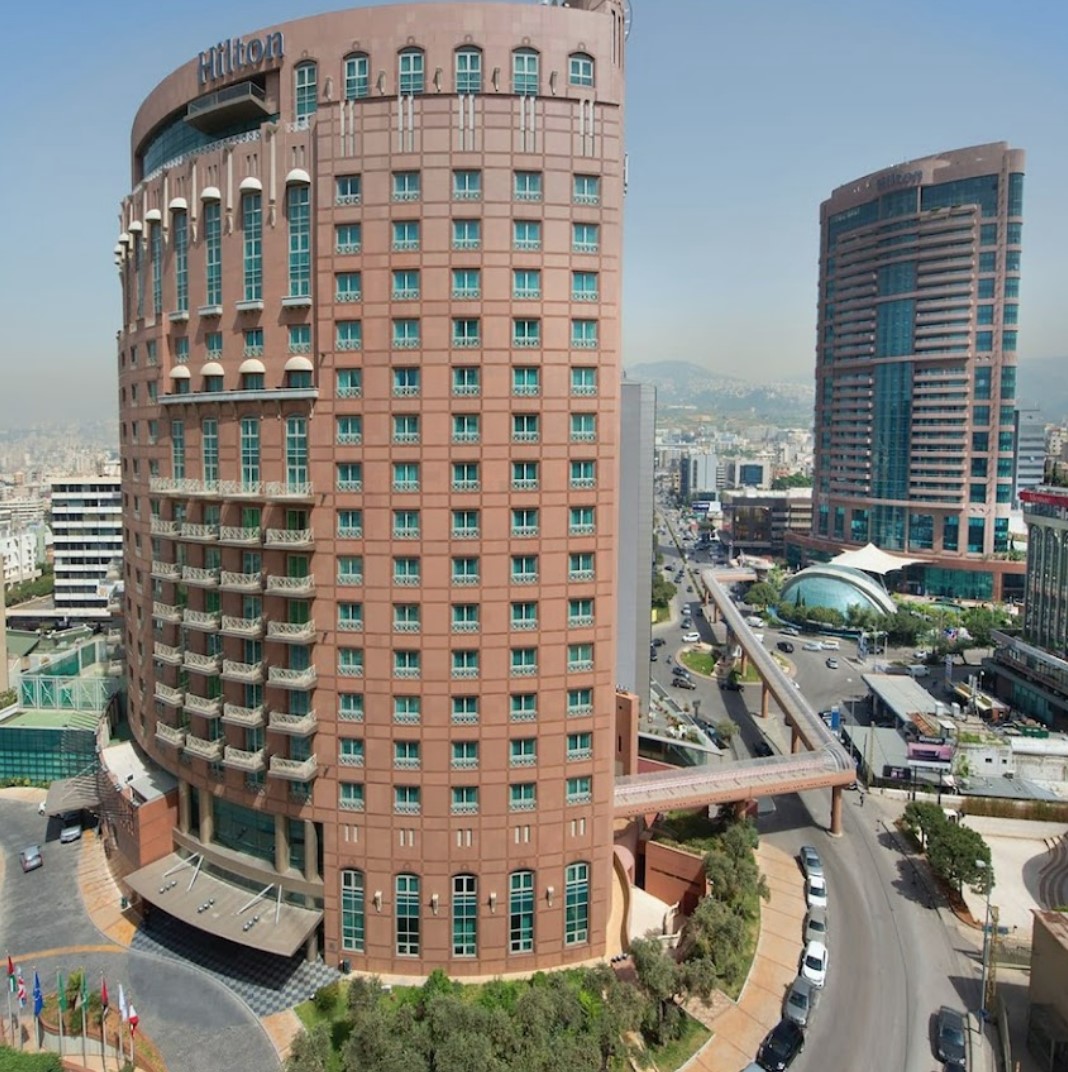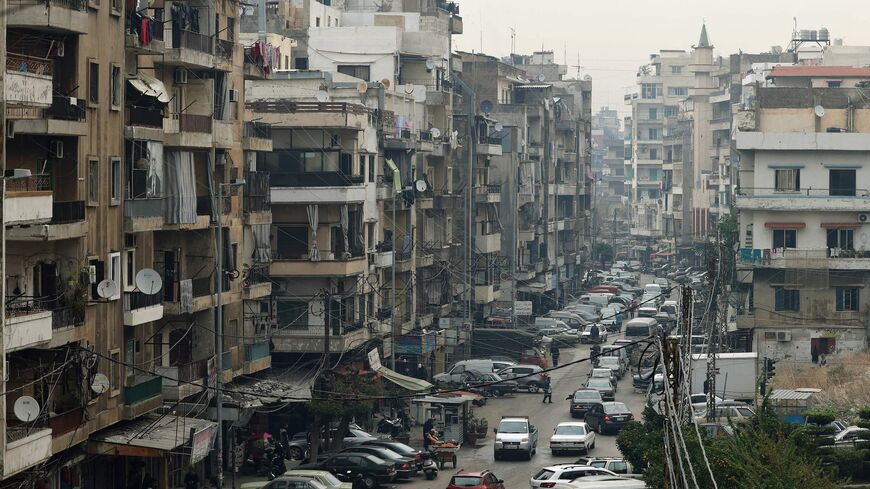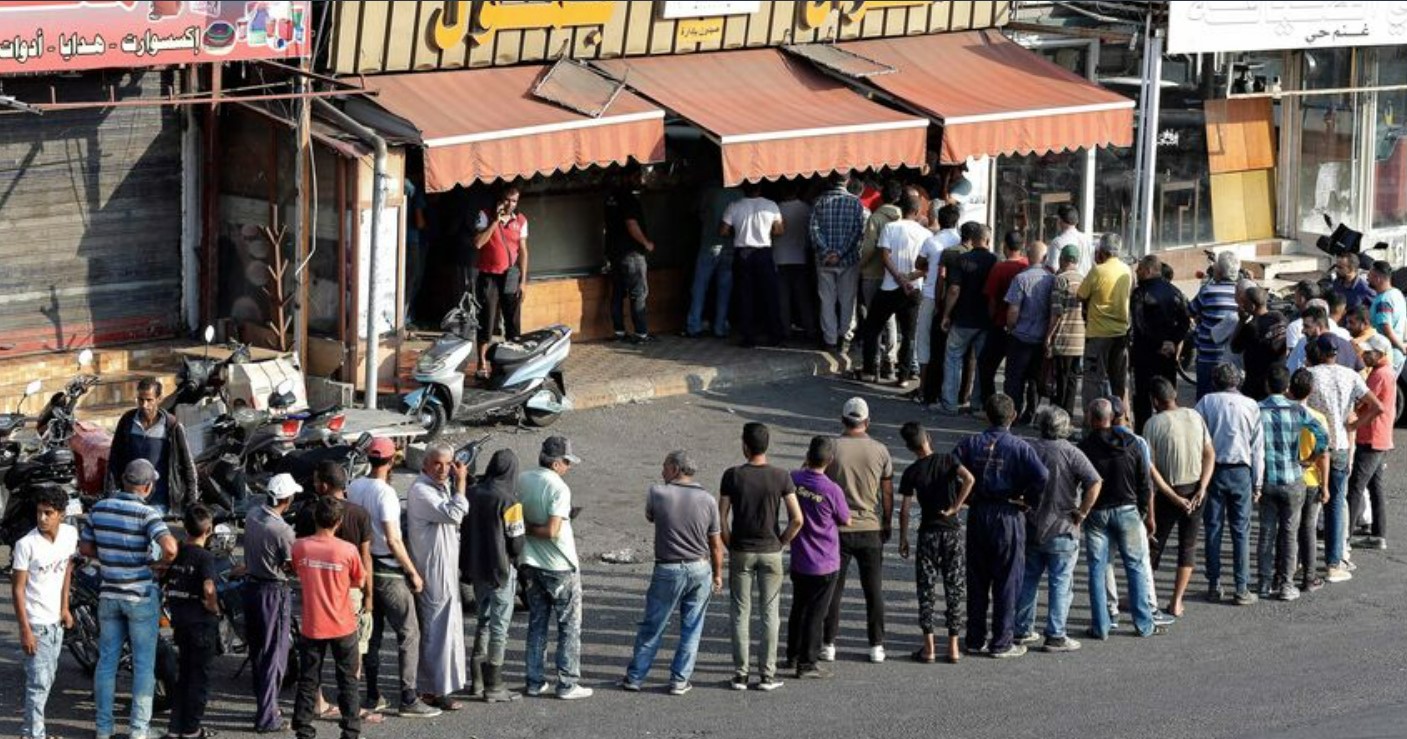
سجعان قزي
@AzziSejean
تَشعر فئاتٌ لبنانيّةٌ متعدِّدةُ الطوائفِ والطبقات بصعوبةِ الحياةِ في لبنان في ظلِّ النظامِ الحاليِّ بعدما باتت التحوّلاتُ الحضاريّةُ الداخليّةُ أكثرَ قساوةً من الهِجرةِ الاغترابيّة. يَشعرُ اللبنانيّون بوجودِ قرارٍ قَضى بنَفيهِم عن وطنهم من دون سفرٍ، فالوطنُ قيَمٌ قبلَ أن يكونَ مكانًا. نَشأَت في الأوساطِ اللبنانيّةِ “كانتونات” مُغلقةٌ تُمارس حياتَها الخاصّةَ والعامّةَ بمنأى عن المجتمعِ اللبنانيِّ الفسيح. إنها “كانتوناتٌ اجتماعيّةٌ” تتداولُ في كيفيةِ تسييسِ ذاتِها وإعطائِها حالةً شرعيّةً. لكنَّ الفرقَ شاسعٌ بين كانتونات النوادي المغلَقةِ وبين الكانتوناتِ الدستوريّة.
البعضُ يُريد أن يجعلَ لبنانَ مجموعةَ جُزرٍ تَتواصَلُ عبرَ القواربِ ووسائلِ النقل. ويَظنُّ أنَّ استحداثَ كانتوناتٍ دستوريّةٍ هو بسهولةِ ابتكارِ كانتوناتٍ اجتماعيّةِ. لقد أمسى لبنان بلدًا طبقيًّا من دونِ صراعٍ طبقيٍّ. فئاتُه الاجتماعيّةُ كَوَّنت طَبقاتٍ ذاتيّةً تُمارسُ نمطَ حياةٍ خاصًّا من دونِ أن تتصارعَ اجتماعيًّا وأمنيًّا، ولا حتّى سياسيًّا. وحين انتفضَ الشعبُ وتَظاهرَ وقَطعَ الطرقاتِ من أجلِ تحسينِ شروطِ حياتِه اليوميّةِ، إِنما انتفَضَ ضِدَّ لا أحدَ، وضِدَّ عناوينَ مغلوطة. وحين اختارَ في الانتخاباتِ مُمثلِّيه غالِبًا ما اختارَ الأسماءَ المغلوطةَ أيضًا.
إذا كانت هذه الأفكارُ تراودُ البعضَ فلأنَّ لبنان كان ـــ على شوائبِه ـــ بلدَ النهضةِ وباتَ بلدَ الانحطاط، وكان بلدَ البحبوحةِ وأصبحَ بلد البؤس، وكان بلدَ الحريّةِ وصارَ بلدَ الفوضى. من عَرفوا لبنانَ الماضي يَتبرّأُون من لبنان الحاضر، ومن يُبصِرون لبنانَ الحاضرَ يكتشفونَ أنه يَنتمي إلى جاهليّةٍ أُخرى. الغربةُ مشتركةٌ والحنينُ متبايِنٌ والحلُّ متناقضٌ.
لذلك، كثُرت في الآونِة الأخيرةِ طروحاتٌ دستوريّةٌ مختلفةٌ من أجلِ إيجادِ صيغٍ دستوريّةٍ تُعيد الأملَ إلى الحياةِ في لبنان من دون أن تقضيَ على كيانِ لبنان. تَعتقد هذه الفئاتُ أنّها صَبرت كثيرًا على الصيغةِ القائمةِ وأعْطَتها جميعَ حظوظِها، فيما فئاتٌ أخرى، من كلِّ الطوائفِ أيضًا، تَعتقدُ أنَّ المراحلَ الصعبةَ باتَت وراءَنا والصيغةَ الحاليّةَ ستَستعيدُ تألّقَها، ولا داعٍ بالتالي للبحثِ عن صيغٍ جديدة. لكن سَها عن بالِ هؤلاء أنَّ تألُّقَ الصيغةِ اللبنانيّةِ يَتعذّرُ بمنأى عن انتظامِ الاستقرارِ السياسيِّ والأمنيِّ والكيانيِّ في سائرِ دولِ الشرقِ الأوسط.

